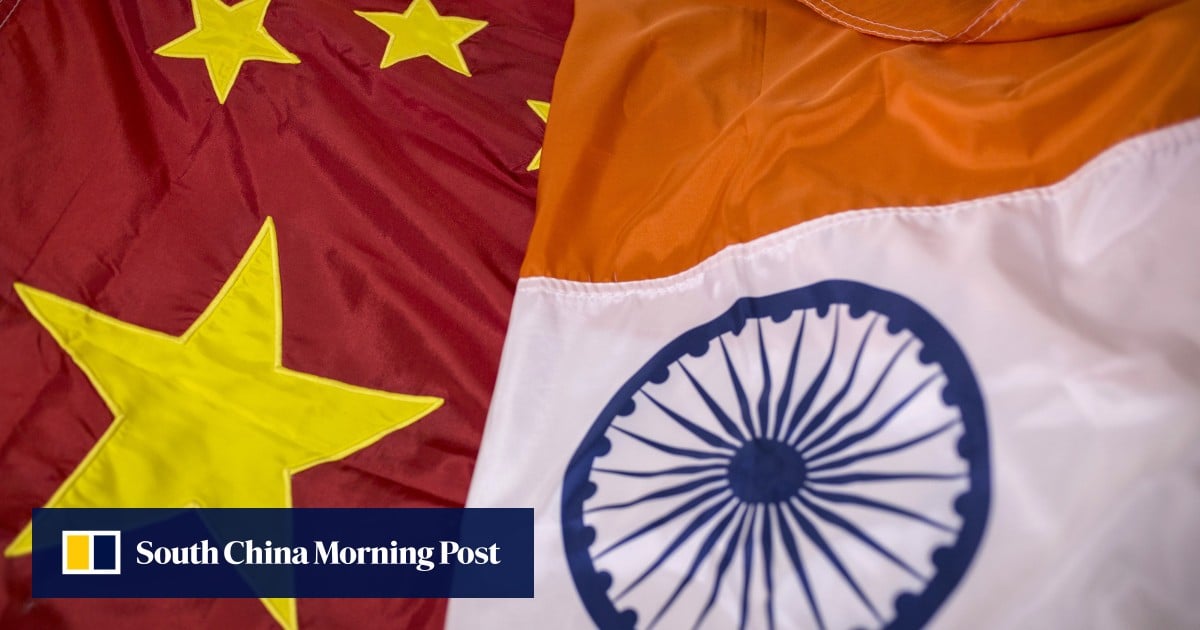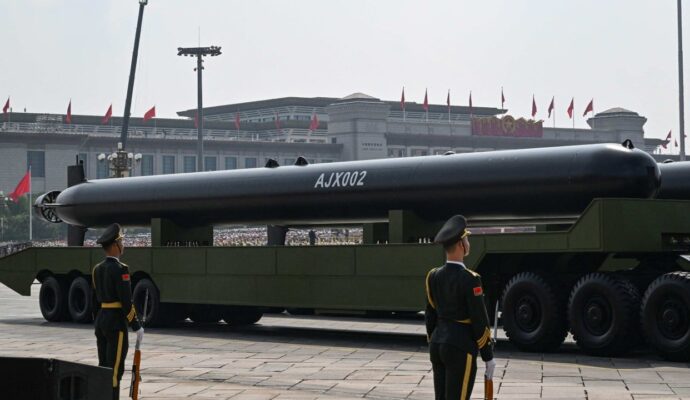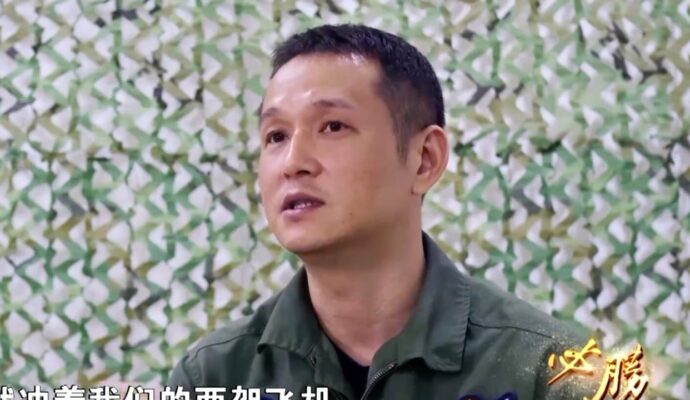
The report also said that of the four China-based Indian journalists, two were not granted visas to return to China, and one was told this month that his accreditation had been revoked but he could remain in the country.
“What I can tell you is that for a long time Chinese media reporters have suffered unfair and discriminatory treatment in India,” Chinese foreign ministry spokeswoman Mao Ning said during a regular press briefing, when asked about the expulsions.
According to Mao, India had in 2017 “without reason” shortened the validity period of Chinese journalists’ visas to between one and three months. She said that in 2020, New Delhi had also refused to approve applications for Chinese reporters to be permanently based in India.
“What’s more, in December 2021, a China Media Group reporter in India – with their visa still valid for two months and their employment still active for half a year – was required to leave the country within 10 days,” said Mao, adding that New Delhi had yet to provide an explanation for that case.
“Faced with this long-term unreasonable suppression by the Indian side, China has no choice but to take appropriate countermeasures to safeguard the legitimate rights and interests of Chinese media,” Mao said.
She did not say how many Indian reporters remained in China. But in April – when reporters for The Hindu newspaper and state broadcaster Prasar Bharati were barred from returning to China – Mao said two other Indian outlets still had journalists in the country.
Mao said Beijing was willing to maintain communication with New Delhi “based on the principles of mutual respect, equality and mutual benefit”.
“We also hope that the Indian side can meet us halfway, seriously respond to our legitimate concerns, and take practical action as soon as possible to create favourable conditions for the resumption of normal media exchanges between the two countries.”
On Tuesday, Liu Jinsong, head of the foreign ministry’s Asian affairs department, met three Indian journalists visiting China. Liu told them that as emerging developing countries with huge populations, China and India should work together to settle their differences, cooperate and achieve mutual success, according to a statement from the department.
Bilateral ties between China and India have been strained since a clash in the Galwan Valley – a disputed section of their shared border – in 2020 that killed at least four Chinese and 20 Indian soldiers. They were the first combat deaths on the border in more than four decades.
Relations have improved since troops began disengaging in September, and Chinese and Indian military officials have held numerous meetings since then to stabilise the situation.
In talks with his Indian counterpart Subrahmanyam Jaishankar in Goa earlier this month, Chinese Foreign Minister Qin Gang pledged to improve dialogue and coordination. Qin called on both countries to “learn from history” and “respect each other” to deepen cooperation for the “healthy and stable” development of their relations.

